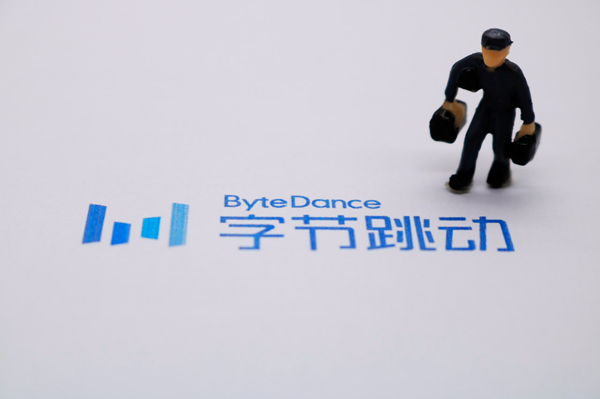ByteDance Denies Collaboration on Laofengxiang AI Glasses
Recent reports of a collaboration between ByteDance's Volcano Engine and Chinese jewelry brand Laofengxiang to develop AI-powered smart glasses have been officially denied by the tech giant. The clarification comes just days after Laofengxiang unveiled its new line of elderly-focused smart glasses at a major industry expo.

Initial reports on June 11 suggested that Laofengxiang was preparing to launch multiple models of AI glasses equipped with ByteDance's DouBao large language model. The products, targeting senior users, were said to include advanced features like visual understanding, voice dialogue, semantic recognition, and call answering capabilities.
However, a Volcano Engine spokesperson firmly rejected these claims on June 12. "Volcano Engine has no plans to collaborate with Laofengxiang on AI smart glasses development," the representative stated. They emphasized that the DouBao model remains a publicly available product that any customer can purchase through proper channels.
The denial creates an intriguing contradiction, as Laofengxiang's new AI glasses were prominently displayed at both the International Elderly Care Expo and Volcano Engine's Original Power Conference on June 11. The demonstrated devices boasted impressive functionality including voice navigation, real-time translation, reading assistance, and emotional dialogue features - all clearly powered by ByteDance's technology.
Industry analysts suggest this situation highlights the complex relationships in China's competitive AI hardware market. With major tech companies racing to deploy their AI models across various devices, clear communication about partnerships becomes increasingly important to maintain consumer trust.
Key Points
- ByteDance's Volcano Engine denies collaboration rumors with jewelry brand Laofengxiang
- Laofengxiang showcased AI glasses using DouBao model at major industry events
- The disputed products target elderly users with advanced voice and vision features
- DouBao model remains publicly available for commercial use